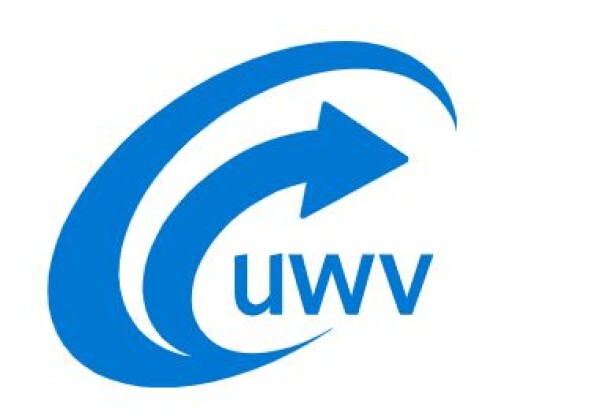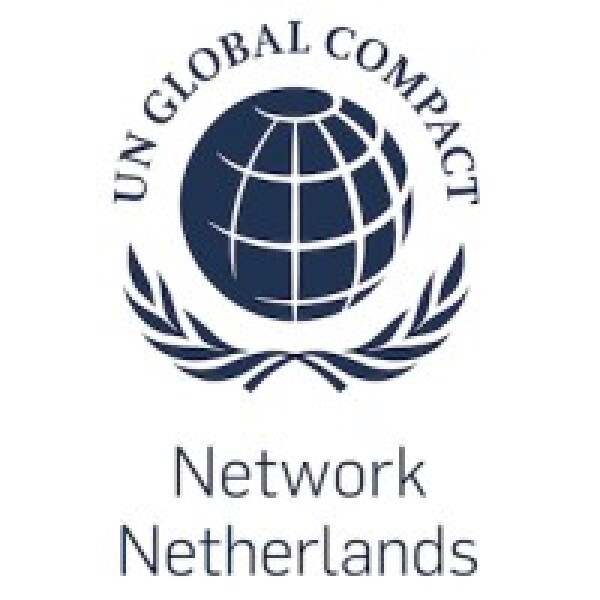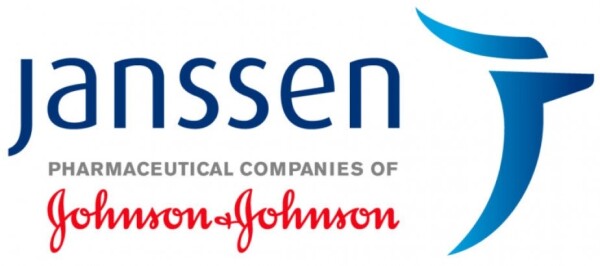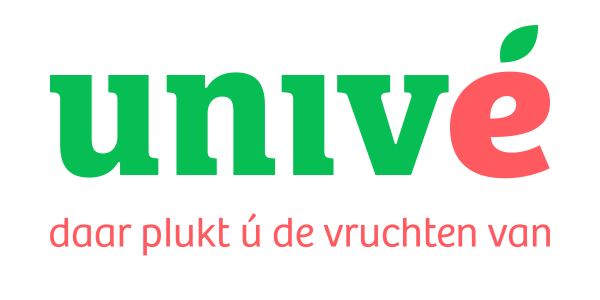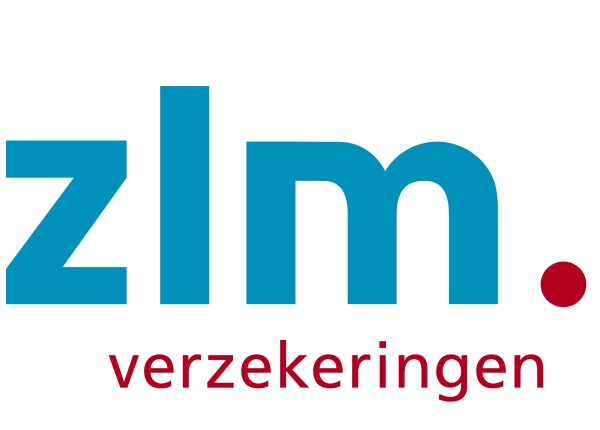Double Materiality Assessment
Timing employment agency
The question
Timing employment organization wanted to proactively prepare for the upcoming CSRD reporting requirements. The first step was to perform a Double Materiality Assessment (DMA), to get a clear picture of which sustainability themes are material to Timing - from both impact and financial materiality perspectives. Sustainability is a logical long-term focus for Timing. With themes such as living wage for all and dignified work, creating social value is naturally part of the company strategy. TOSCA was asked to guide this process in close cooperation.
TOSCA approach
TOSCA worked with Timing through a structured process to implement the DMA. As a basis, a thorough analysis of Timing's value chains were made, identifying economic, social and environmental impacts, risks and opportunities. This was followed by a stakeholder analysis to understand the expectations of relevant internal and external stakeholders. Based on desk research and interviews with knowledge partners and stakeholders, TOSCA compiled a longlist of potential material themes. Together with Timing, this list was reduced to a shortlist of the most relevant topics.
These topics were then assessed based on their scale, scope, recoverability and likelihood and validated in interactive sessions with stakeholders so that the outcomes are not only strong in content, but also widely supported. The entire process was carefully documented so that Timing has a complete file as a basis for future assurance and reporting.
The result
The DMA delivered concrete and actionable results for Timing. Focus on key themes and insights into impacts, risks and opportunities:
- 11 material themes.
- Detailed in 16 impacts, 7 opportunities and 5 risks.
In the environmental area, the reduction of CO₂ emissions was identified as a material theme. Within the social themes, working conditions, employment, safety & health, equal opportunities, training & development, human rights, housing and data security emerged. For the governance themes, fair business and compliance were identified as material topics.
These themes were then assessed (scale, scope, recoverability and likelihood) and validated in interactive sessions with stakeholders so that the outcomes were not only strong in content, but also broadly
A particular challenge was assessing the social impact of Timing's services. As a staffing organization, Timing ensures that other companies have access to staff, but has limited direct impact on the workplace itself. This complexity required careful analysis. With the support of TOSCA, Timing was able to sharply define this impact and assess its materiality.
Next step: Gap analysis
With the material themes clearly defined, Timing worked with TOSCA on a Gap analysis. Which themes require further deepening? What additional actions are needed to become fully CSRD-compliant?
This step brings Timing closer to robust, credible sustainability reporting - and to a future-proof strategy in which social value is central.
Back to projects

